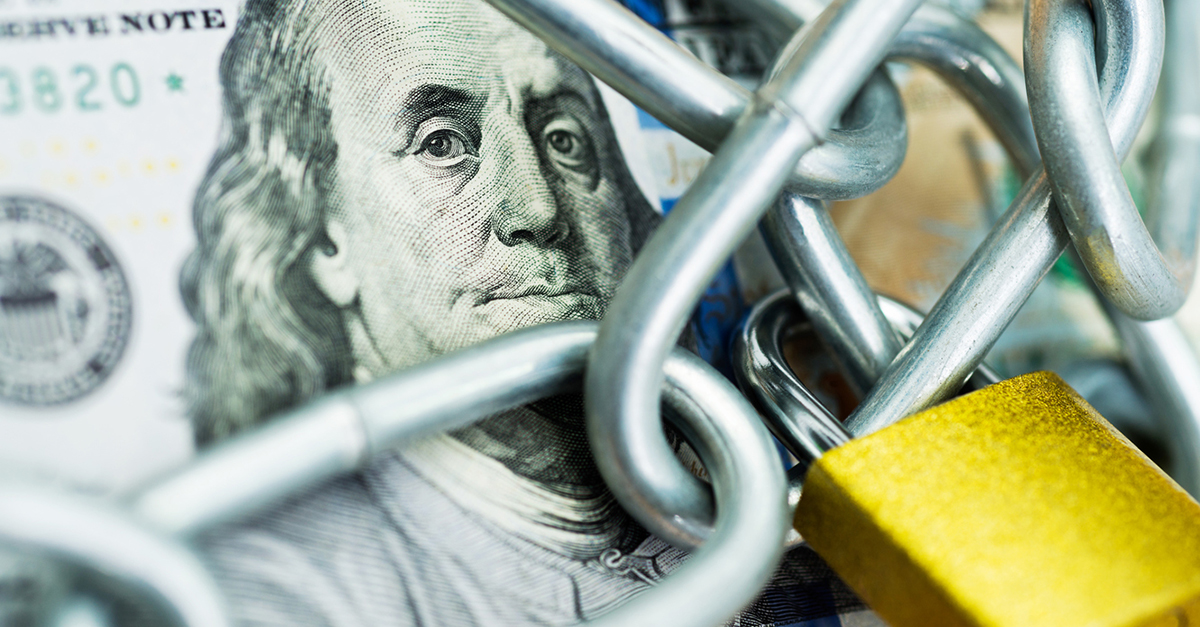(TNS)—Simple math suggests it’s probably better to pay off debt before saving for retirement or adding to your emergency fund. Generally, if you’re paying more interest than you’re earning in interest, you’re losing money.
But personal finance decisions are rarely so simple, and wiping out debt first isn’t the right choice for everyone. For example, having no emergency savings to fall back on sets you up to incur more debt when an unexpected expense comes up, such as a medical bill or a pricey car or home repair.
Here are scenarios for when each choice—paying down debt or saving—makes more sense.
When to Pay Debt Before Saving
When you have high-interest consumer debt, paying it down first can help you solve ongoing problems with managing your money. You’ll get a guaranteed “return” by cutting your interest payments. It’s typically more than you’d earn in the stock market, and definitely more than you’d earn in a savings account.
Identify your expendable income, create a budget based on that number and include paying down debt as a significant part of the equation. Consider opening a balance transfer credit card, which can allow you to consolidate all of your credit card debt onto one low-rate card and save you money on finance charges.
Kevin Smith, executive vice president of Wealth Management for Smith, Mayer & Liddle, says it usually makes sense to prioritize debt reduction, but there are exceptions.
“Paying down a traditional loan like a mortgage or student loan only reduces the outstanding principal and related interest costs,” Smith says.
Making extra payments will save you money in the long run, but in the short term, it doesn’t cause your lender to recalculate and lower your monthly payments.
When deciding whether to pay off tax-deductible debt versus saving, don’t worry about losing a tax deduction if you pay off the debt. The deduction is probably worth less than the annual interest you would have paid on the loan.
When to Save Before Paying Debt
There are a number of good reasons to save first and pay later, but the top reason is to build your emergency fund.
If your debt has a very low interest rate, it may make sense to save first, says Melissa Joy, certified financial planner and founder of Pearl Planning, a financial planning and wealth management practice in Dexter, Mich.
“If you don’t have any savings, focusing solely on paying debt can backfire when unexpected needs or costs come up,” Joy says. “You might need to borrow again, and debt can become a revolving door.”
Experts recommend building an emergency fund of three to six months’ worth of expenses and stashing it in a savings account. Compare savings account rates to find the best fit.
Another situation where it makes sense to save before paying debt is if you have access to a retirement savings plan through your job, especially if there’s an employer match available. Try to contribute at least enough to get the maximum employer match.
Putting off saving for retirement until you are debt-free could cost you your most valuable asset: time. With compound interest, even small contributions to your retirement plan can grow significantly.
The Ideal Approach
The best solution could be to strike a balance between saving and paying off debt. You might be paying more interest than you should, but having savings to cover sudden expenses will keep you out of the debt cycle.
Additionally, having sufficient savings provides peace of mind. Some people are unlikely to feel at ease with any strategy that causes their savings to fall below a certain level. For them, saving and paying down debt at the same time might be the best approach.
©2018 Bankrate.com
Distributed by Tribune Content Agency, LLC
For the latest real estate news and trends, bookmark RISMedia.com.











